How to grow herbs in pots of containers: Growing herbs in containers is not only aesthetically pleasing and decorative, but it allows you to easily move the plants and harvest the necessary plant parts. Choosing in which containers to plant your herbs will be easy once you have established where you want to place them. Most herbs tolerate any container so the container choice should be based on the architecture surrounding the container. Regardless of whether your herbs will be grouped together or be planted individually into smaller containers. Herbs love a well-drained Herbs generally like to be planted alone in individual containers. This not only allows them to be used decoratively indoors, but it produces a better plant which has no struggle for light, nutrients, air movement or root space. Although they don't like being grouped together as much, most herbs do tolerate being planted together so don't be put off by this fact. Herbs are however relatively low maintenance and tough little plants, they easily tolerate being grown together still produce great results. When grouping herb plants together have a look at choosing plants for containers for some advice. Flowers are a great addition to any herb combination, not only do they add an attractive splash of colour to your containers, but many of them are edible or have herbal uses whilst others help control and repel pests. Nasturtiums, Violets, Marigolds, Calendulas, Scented geraniums, Rudbeckias and Carnations are to name but a few. Healthy Living Herbs suggest
Caring for and maintaining Ensure you herbs get aminimum of 5 hours sunlight daily, the more light the better the flavour and health of the plant. Water containerised herbs regularly. Feed weekly with a diluted liquid fertilizer. Regularly prune, pick and harvest your herbs even if you don’t use them, this stimulates new growth and promotes healthy plant. Keep an eye out for pests and diseases For more maintenance tips see Tips to maintaining containers or potted plants
|


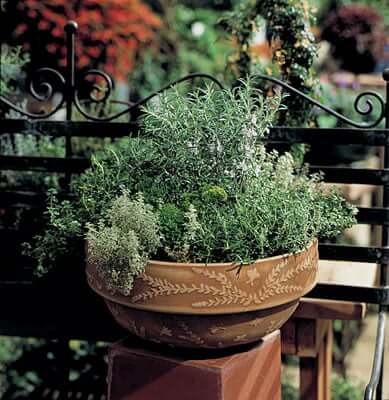 container growers, provided they get enough water and sunlight.
container growers, provided they get enough water and sunlight.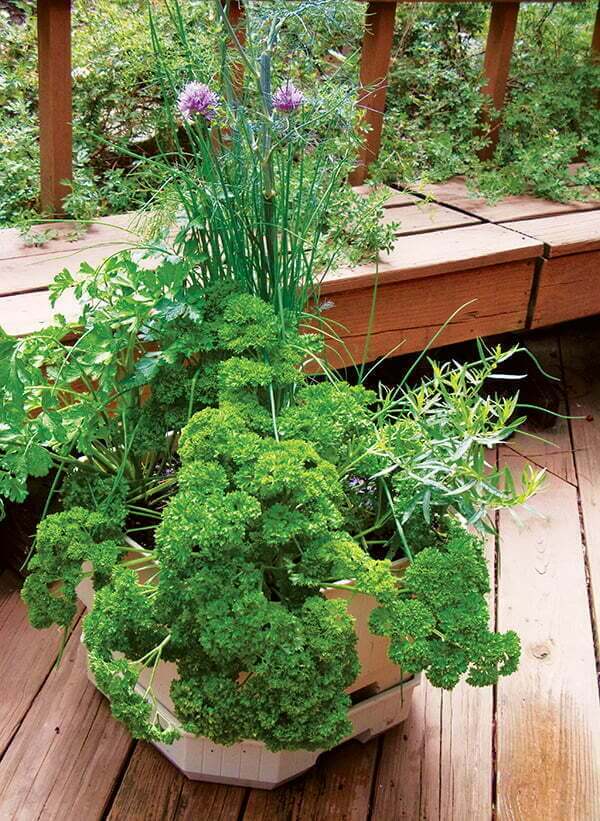 fertile soil which holds moisture and nutrients well. Readymade herb potting mixes are available, but most herbs do well in a 50/50 mixture of normal potting soil and palm peat. A handful of bone meal and slow release fertilizer won't do any harm and promotes a strong healthy plant.
fertile soil which holds moisture and nutrients well. Readymade herb potting mixes are available, but most herbs do well in a 50/50 mixture of normal potting soil and palm peat. A handful of bone meal and slow release fertilizer won't do any harm and promotes a strong healthy plant.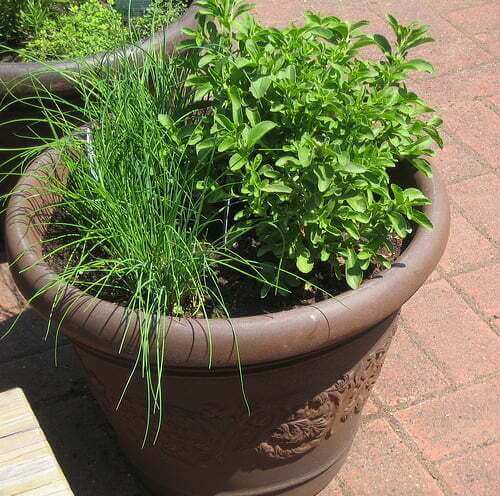 Refrain from grouping aggressive growers like Mint with other
Refrain from grouping aggressive growers like Mint with other 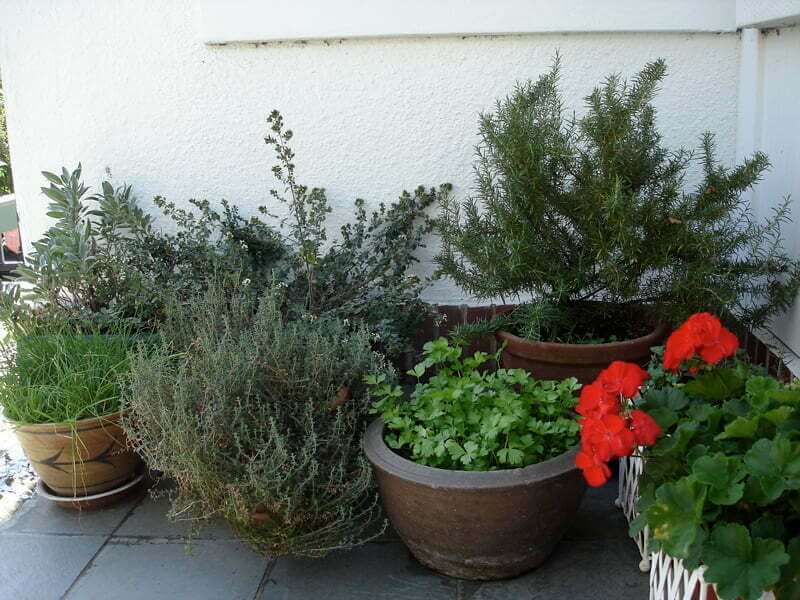
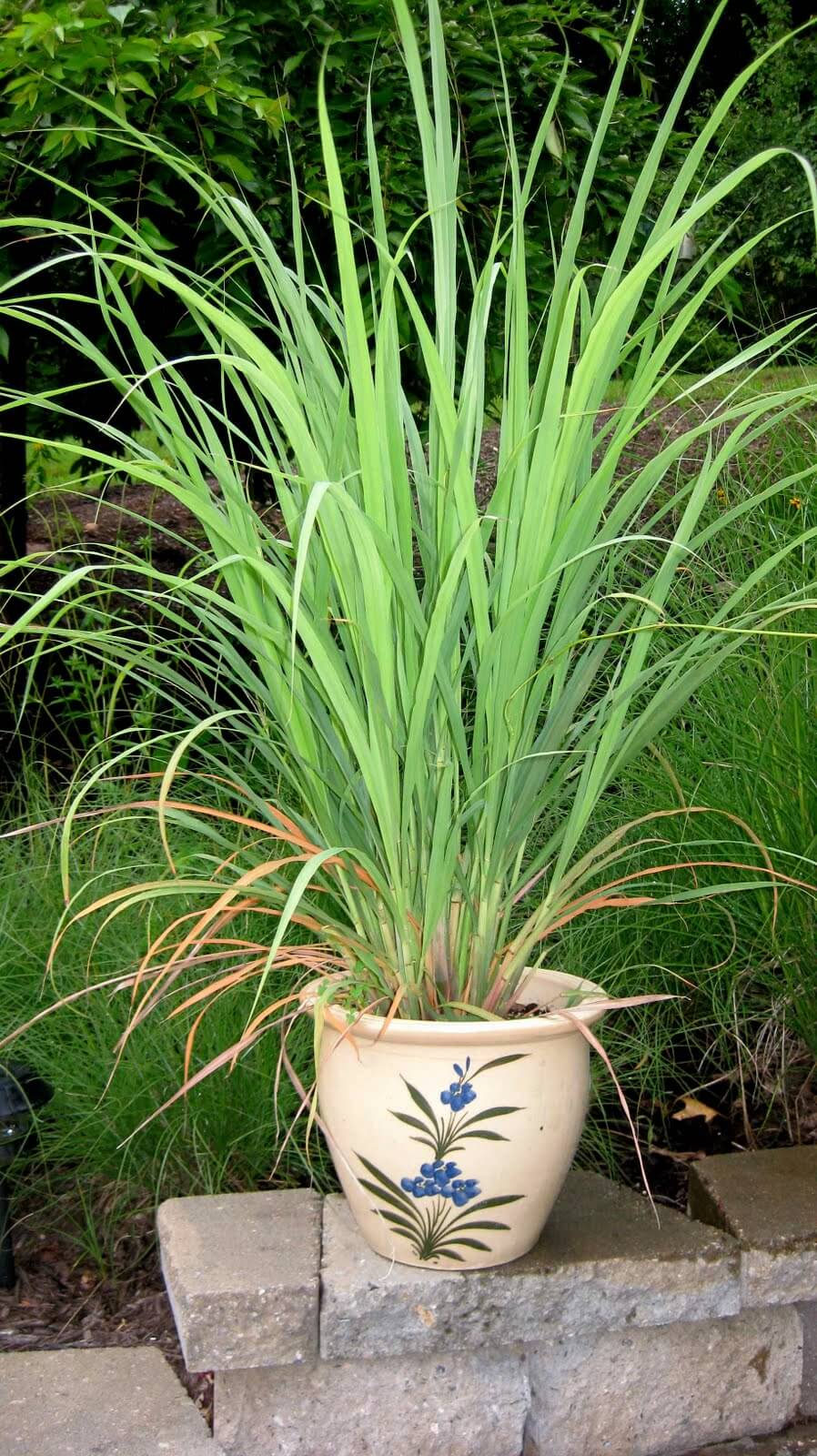 French Provencal: Sweet basil, summer savory, marjoram, sage, oregano.
French Provencal: Sweet basil, summer savory, marjoram, sage, oregano.